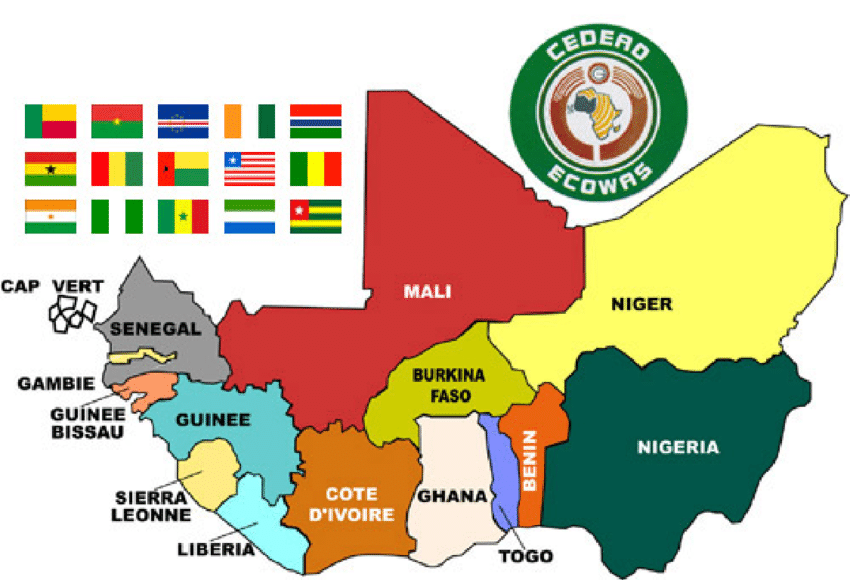The Food and Agricultural Organisation (FAO) has urged members of the Economic Community of West African States (ECOWAS) to seize the opportunity for low-carbon growth trajectories by mobilising financial and technological resources, both domestically and internationally to reduce emissions.
In his speech at the opening ceremony of a capacity building session held between November 21 and 25, Mr Gouantoueu Guei, Sub-Regional Coordinator for FAO Sub-Regional Office for West Africa (FAOSFW), shed some light on the “technical solutions” by which the growth can be achieved.
He explained that one of the technical options that can be deployed immediately is to reduce carbon dioxide emissions through the reduction of deforestation and forest degradation, and the adoption of more sustainable agricultural practices, such as reduction of tillage, as well as integrated management of inputs and water.
Read also: Swedish activists sue state over new climate policies
Other options, he said, would be to reduce methane and nitrous oxide emissions through the improvement of animal production, management of livestock effluents, as well as more efficient management of rice irrigation systems and inputs.
“There is also the storage of carbon through the use of conservation agriculture practices, improved management of forestry practices, afforestation and reforestation, improvement of pastures and restoration of degraded soils,’he explained.
He also described agriculture as a major driver of climate change and a range of other environmental problems, such as land-use change, biodiversity loss, depletion of freshwater resources and pollution of aquatic and terrestrial ecosystems through nitrogen and phosphorus run-off from fertiliser and manure application.
He however bemoaned how West African countries are suffering from the effects of climate change which has affected many sectors of high economic productivity in the region, including agriculture, livestock, fishing, tourism, health, energy, etc. and natural resources such as land, water, fauna and flora (biodiversity).
“Currently representing just 1.8% of world greenhouse gas (GHG) emissions, ECOWAS countries’ contribution to global warming is minimal,” he was quoted as saying. “However, the African continent is at the centre of the climate change challenges of this first half of the 21st century. According to the most alarming scenarios, West Africa will experience, by 2060, a temperature increase of +2.3 °C, or a warming of + 0.6 °C per decade,”.
He warned that precipitation will be more erratic and this would lead to an increase in the frequency and intensity of extreme weather conditions such as floods, increased variability of rainfall, coastal and soil erosion in river basins, and extremely long pockets of drought among other corollaries already being experienced in the region.
“All of these will have dramatic human and economic consequences for all economic sectors and for the most vulnerable sections of the population, particularly, women, young people and the elderly,”he added.
Story was adapted from EnvironNewsNigeria.
